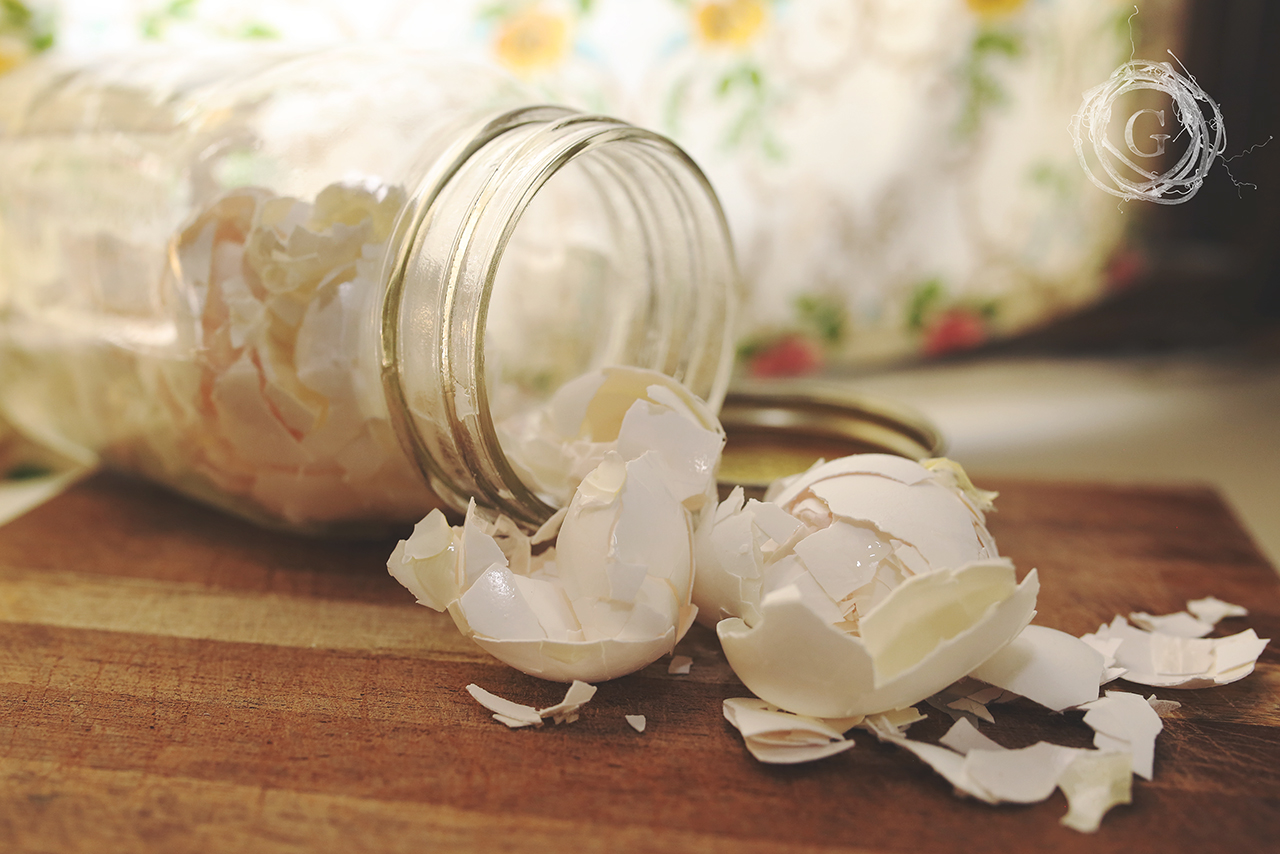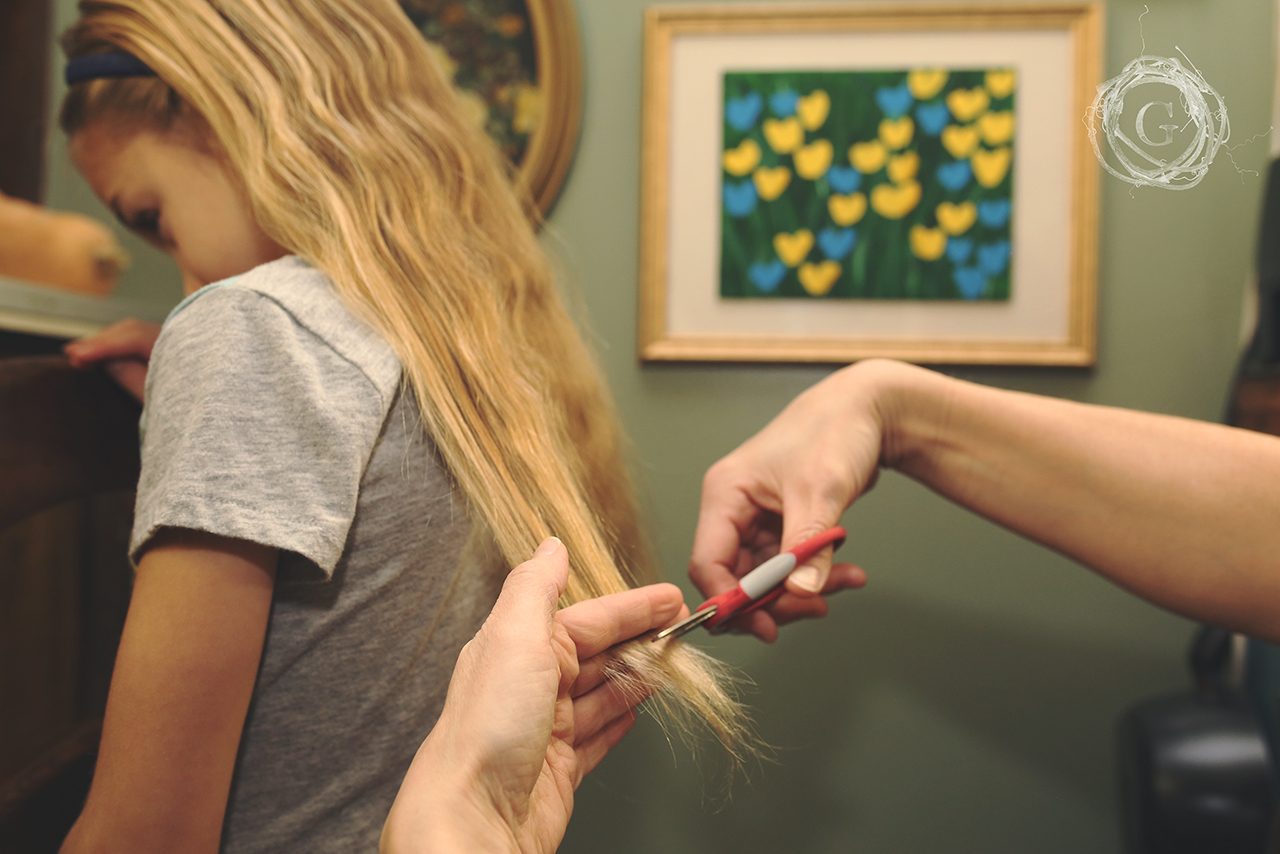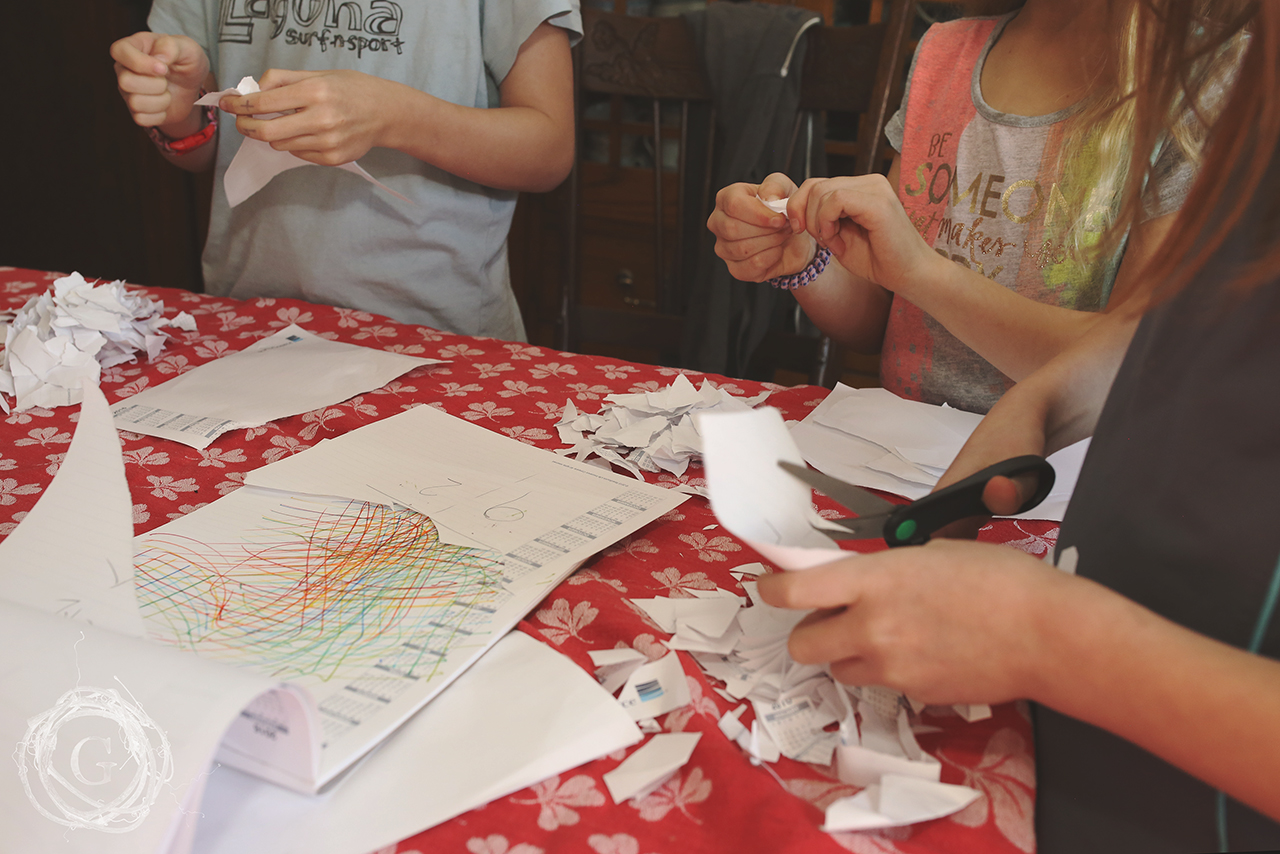The organic gardener does not think of throwing away the garbage. She knows that she needs the garbage. She is capable of transforming the garbage into compost, so that the compost can turn into lettuce, cucumber, radishes, and flowers again…With the energy of mindfulness, you can look into the garbage and say: I am not afraid. I am capable of transforming the garbage back into love. – Nhat Hanh
The idea of composting can often be overwhelming. Since it does require some effort on your part, folks will often ask themselves if it’s necessary.
So why is composting important?
Most notably composting is essential to keep food and plant waste out of landfills. When food sits in these waste lands and aren’t exposed to oxygen, or provided with the proper materials for decomposition, it releases methane gas (more potent greenhouse gas than Co2) into the air. It also takes up unnecessary space in our garbage bags, creating more plastic waste and so the cycle continues.
Humanity has a tendency to extract from Mother Earth and not give back. Consuming without reflection of the consequence of such actions. We are replacing land, water, and clean air, with landfills, debris, and pollution. If we don’t start changing our behaviors, our land will not be able to heal from the destruction we are inflicting on it.
The issue of preserving the earth can be daunting, but even introducing a few healthy habits can create a huge impact. Especially when it includes children in your home that learn these practices.
So how can you start composting if you’ve never done it or don’t know how? Whether you have space for a large compost project or just want to start simple, here are a few simple ideas of things to start collecting for your compost. You don’t necessarily need a bin for these ideas, they can work straight into your garden beds.
However, if you want to get real serious, Pinterest has all your fashionable and DYI ideas if you are looking for inspiration in building your own bins.
Egg Shells
Egg shells add calcium to your soil. When you put them straight into your garden beds the hard edges can also deter pests, slugs and unwanted bugs because they make the terrain sharp and unfriendly.
My grandfather, who was an ardent gardener, used to keep a jar of egg shells in his fridge all year long. Every time he would make his two egg breakfast, he would crush the shells and store them till the jar was full and he could scatter them out in his flower and vegetable beds, making them nutrient rich and producing better flowers and food for his family.
If composting all of your scraps and leftovers seems daunting, this is an easy way to start. Simply scatter them on top of the soil, then run your hand through mixing the shells with the dirt. They will decompose completely over the summer months.
Also, don’t throw those egg cartons out! If you participate in a city wide organic program, you can toss them right in your bin. Cartons are also great brown matter for compost bins. Tear them up into pieces, (a great job for little kids) and store them in a garbage bag in your garage till you need them in the compost bin out back. It’s a perfect no waste solution.
Hair
Seems a little crazy right, but hear us out. Did you know that hair is a high source of nitrogen and subsequently great for your compost? (This is also true for toenail and fingernail clippings! Gross and awesome at the same time I know.)
Spring is often a time when hair gets trimmed up and cleaned up prepping for warmer weather. Don’t throw the cut hair out. If you don’t have a compost bowl that you keep that the hair can be placed in, keep in a ziplock, away from curious eyes, because you might look a little strange, and wait till spring and throw it in the bin and watch it work! This is also true for pulling hair out of your tub or brush or when you clean out your vacuum. (That’s still a thing right?) If you don’t have a compost bin, lay the hair under a thin layer of dirt in your garden beds.
Coffee Grounds
Coffee Grounds are acidic and full of nitrogen, a mineral that enhances the growth of vegetables, tomatoes specifically, but most garden plants including flowers. Coffee Grounds are great fertilizers. Don’t dump those grounds in your garbage or down your drain, store them in your compost bowl or a jar in the fridge until they are ready to be used. Much like the other suggestions, these grounds can go straight into the earth around your plants. Simply scatter them and use your hand to lightly mix it into the dirt.
Check with local cafe’s and coffee shops and see if they would be interested in partnering with you in giving you their large amounts of coffee grounds. You many have large ground cover, new beds you are turning or a large vegetable space which would benefit from this earth enhancer. And if you have a small (read large) addiction to this liquid gold, then you are set for years of garden growth.
Scrape your plate food scraps
I wish we were better in our house in not wasting food. We buy too much and then it goes bad because we don’t eat it fast enough. Or we save all of our left overs, then they eventually get pushed to the back of the fridge and spoil. My kids are also famous for eating almost everything on their plate, but leaving a little behind, not enough for leftovers of course, but then what do you do with that? Or with all those apple cores? Or carrot skins? Or onion peels?
I keep a bowl on my counter, or you could invest in a variety of one of these. I can’t personally recommend a specific brand as I don’t use it. Or if you live in Minneapolis, they offer free countertop compost bins! We dump our compost every night, so bugs don’t become an issue. Filling it with food scraps, or egg shells, or coffee grounds is the perfect way to make sure that your compost bins outside keeps a healthy balance of green and brown material.
Or you could invest in these handy and easy compostable bags and just toss in your organics recycle bin if your city participates in such a program, like our awesome Twin Cities.
There are multiple options to help fit your lifestyle and taking this step!
HELPFUL HINT:
- If composting through your city/town program, check their list of acceptable and non-acceptable items before discarding food scraps. NOT all is accepted.
- If composting in your own backyard, you have the final say. However, it is helpful to stay away from meat, fast food, fish and bones. Also pits don’t serve compost very well, so it is helpful to avoid them.
- Don’t forget to take those stickers off your banana and orange peels before you toss in your compost!
Shredded paper (Tax prep, egg cartons, old homework)
If you plan to have a compost bin out back, all healthy compost needs a balance of green and brown matter. If you are storing up your food in small amounts, or do as I am and still dumping fresh food on the frozen mounds out back, you might be in need of more brown matter (paper, leaves, grass clippings, etc.) The winter and early spring months can prove to be difficult in gathering this compost material.
Spring cleaning and tax season can help! Not sure what to do with all those old papers and files? Make sure to take out glossed paper, but shred the rest, dump in your bin immediately, or store in a garbage bag till you need it. Adding to your compost bins also helps insure your securing as you can spread it out with your food scraps and I can almost guarantee no one will dig through that to piece your confidential information back together. It’s a win win win!
Gatherhaus is an organization and community dedicated to intentional and purposeful living. We place high value on making conscious decisions. We understand that this one life we have is lived together. To honor one another, ourselves and the earth we call home. Composting allows to respect all aspects of life.
As the compost captain for the Folwell neighborhood in North Minneapolis and advocate for the grant received in educating neighbors and urbanites about the necessity of composting, if you have any questions, please don’t hesitate to reach out. We are committed to healthy living and want to make sure you have the resources and access you need to make healthy choices for yourself, your family, and your community.


